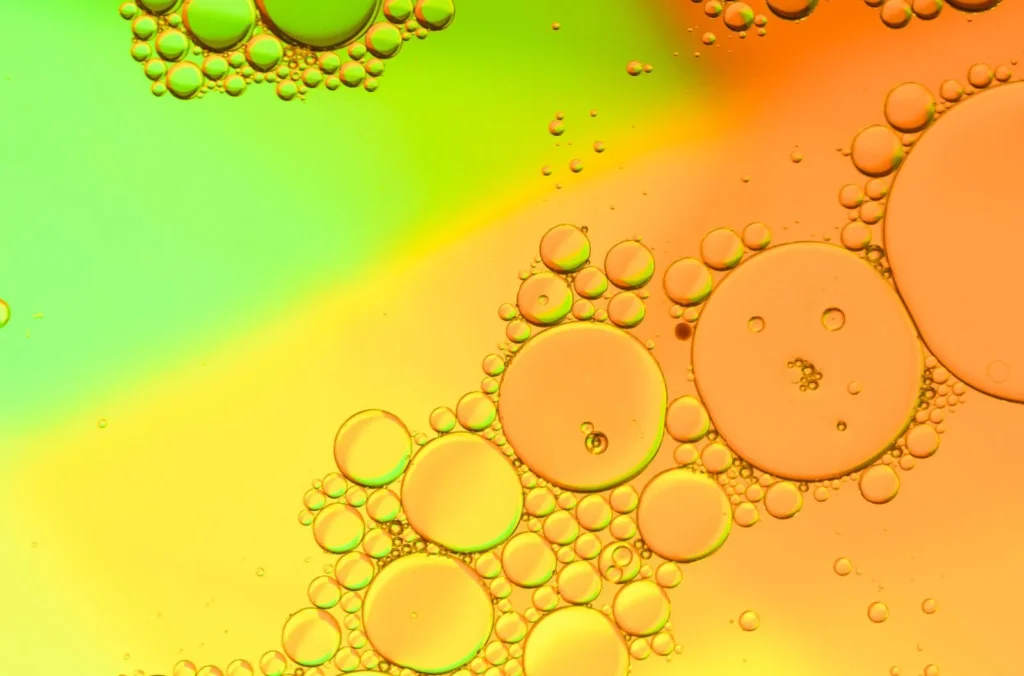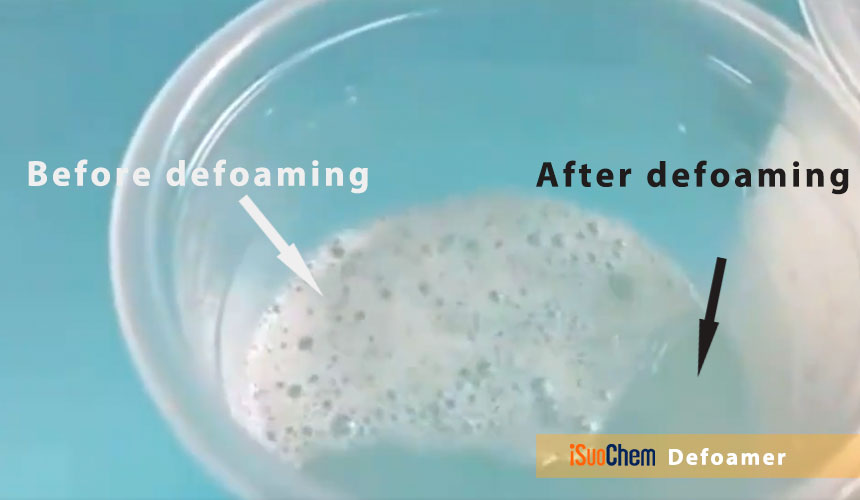Defoamers: Essential Tools for Enhancing Efficiency in Cleaning Products
Defoamers: Essential Tools for Enhancing Efficiency in Cleaning Products
Blog Article
The Function of Defoamers in Enhancing Item Top Quality and Performance
Defoamers offer as crucial ingredients that minimize this concern, guaranteeing smoother manufacturing process while enhancing the visual and functional attributes of the last items. The selection of the proper defoamer can be vital to attaining optimal results, raising essential concerns regarding formula compatibility and performance metrics that merit additional exploration.
Comprehending Defoamers
Comprehending the function of defoamers is necessary for keeping item top quality throughout numerous sectors. Defoamers are chemical ingredients created to lower and protect against the development of foam in fluid systems, which can detrimentally influence procedures such as mixing, filling, and surface area stress. Lathering can cause ineffectiveness, product problems, and jeopardized aesthetic charm, making defoamers a vital element in manufacturing operations.
In industrial applications, defoamers aid to enhance item consistency and security. The effective usage of defoamers not only makes sure smoother production procedures but likewise contributes to remarkable product efficiency.
Moreover, the choice and formulation of a defoamer have to line up with specific application requirements, such as compatibility with various other active ingredients, efficiency under varying temperature and pH problems, and potential governing restraints. Eventually, understanding defoamers' features and their relevance in different formulas is critical for enhancing production and guaranteeing the greatest top quality end products.
Types of Defoamers
Defoamers can be categorized right into several kinds based upon their structure and mechanism of activity. The primary types consist of silicone-based, non-silicone organic, and inorganic defoamers.
Silicone-based defoamers are amongst one of the most effective, largely because of their capability to spread out promptly on the fluid surface and disrupt foam formation. Their distinct chemical structure enables for remarkable security, making them ideal for high-temperature applications and settings with differing pH degrees.
Non-silicone natural defoamers, typically made up of all-natural oils or fats, are valued for their biodegradability and reduced toxicity. These are normally made use of in food and drink applications where safety and ecological impact are critical.
Not natural defoamers, which include substances like talc or calcium carbonate, act by boosting the thickness of the fluid, thereby reducing foam stability. They are frequently used in industrial processes where compatibility with other materials is not a concern.
Each type of defoamer has distinctive benefits and restrictions, permitting tailored solutions relying on the details lathering problems experienced in various applications. Recognizing these distinctions is critical for optimizing efficiency and accomplishing desired item top quality.
Applications Across Industries
Numerous sectors utilize defoamers to improve product top quality and functional efficiency. In the food and drink market, defoamers are vital in procedures such as developing and dairy products production to stop foam formation, which can lead to inadequacies and item disparity. By regulating foam, makers can ensure far better yield and an extra uniform item.
In the pharmaceutical industry, defoamers play a vital role in the solution of liquid drugs, where excessive foam can restrain blending and precise application. Their use aids maintain the stability of the solutions and helps with smoother production processes.
The paint and coverings market also relies upon defoamers to boost the performance of products throughout application. By minimizing foam, these additives ensure a smoother surface and improve the visual qualities of the end product.

Advantages of Making Use Of Defoamers
While the application of defoamers differs across industries, their advantages consistently enhance item quality and process effectiveness. One significant benefit is the decrease of foam formation throughout producing processes, which can or else bring about manufacturing delays and variances in product high quality. By lessening foam, defoamers allow a smoother flow of products, helping with extra efficient operations and reducing the possibility of tools breakdowns.
Additionally, using defoamers can boost the appearance and structure of final products. In industries such as coverings, paints, and food processing, extreme foam can jeopardize the check my source visual appearances and general high quality, while the proper defoamer application ensures a consistent surface and preferable qualities. In addition, defoamers can add to cost savings by lowering waste during manufacturing and optimizing making use of basic materials (defoamers).

Selecting the Right Defoamer
Picking the best defoamer is important for maximizing production procedures and guaranteeing item top quality. The choice of defoamer influences not only the efficiency of foam control however likewise the overall efficiency qualities of the end product. Elements to think about include the kind of application, the chemistry of the formulation, and the environmental conditions under which the product will be used.
Different markets may need details defoamer kinds, such as silicone-based, organic, or polymeric defoamers. Comprehending the compatibility of the defoamer with the key active ingredients is crucial to prevent adverse responses that can compromise product honesty. Additionally, the defoamer's efficiency in different temperature levels and pH levels must be assessed to make sure regular performance.
Evaluating the defoamer in small-scale applications can give valuable insights right into its efficiency and suitability. Consideration of regulatory conformity, especially in food, drugs, and cosmetics, is paramount in picking a defoamer. Inevitably, a detailed evaluation of these variables will certainly lead to the selection of a defoamer that not only regulates foam properly yet additionally improves the top quality and performance of the end product.
Verdict

In conclusion, defoamers are essential additives that significantly improve item quality and performance across different sectors. By efficiently decreasing foam formation, these representatives not only boost operational efficiency however also add to the visual and useful integrity of items. The critical option and application of defoamers result in cost financial savings, maximized resource usage, and boosted client fulfillment. Generally, the relevance of defoamers in industrial procedures can not be overemphasized, as they play an essential function in achieving top notch and constant results.
Foaming can lead to inadequacies, product defects, and endangered aesthetic appeal, making defoamers a critical part in manufacturing procedures.

Report this page